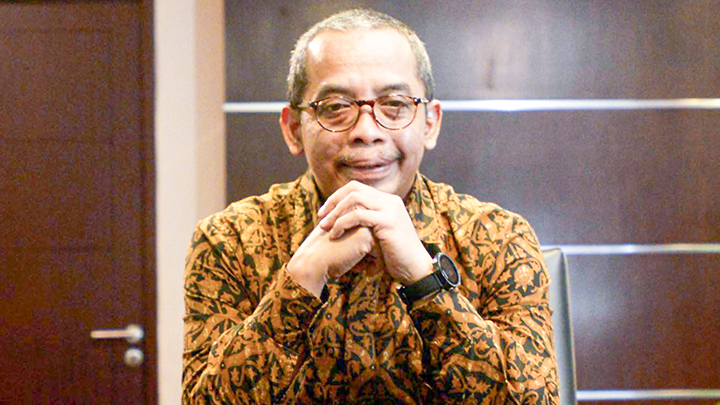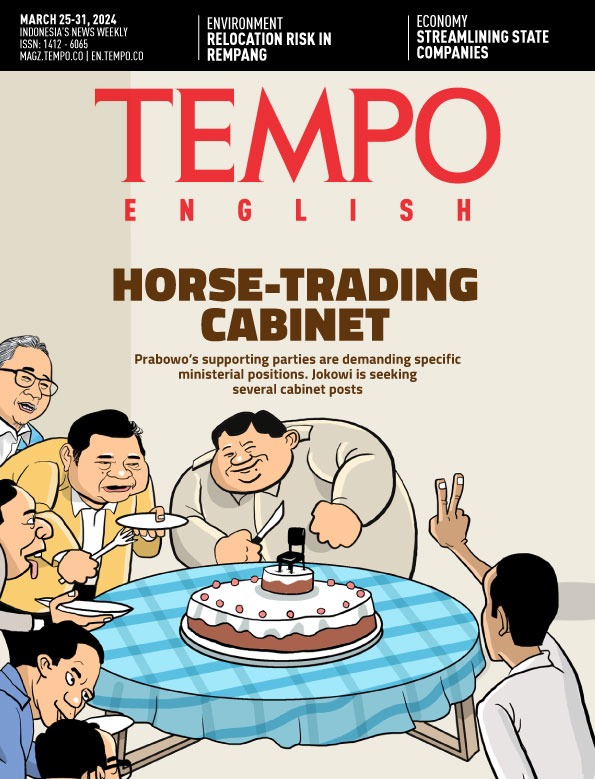Taxation Director-General Suryo Utomo: With Tax Cuts, the Economy Can Grow
Monday, February 24, 2020
arsip tempo : 171354756779.

SINCE he succeeded Robert Pakpahan on November 1, 2019, Suryo has been eagerly promoting the taxation omnibus bill—one of four omnibus bills—to the public, including to businesses and investors.
Suryo, 51 years old, says an omnibus law on taxation would ease the government’s effort to expand its tax base, among others, to the digital economy sector. With an omnibus law, for example, the taxation directorate-general would have t
...
Subscribe to continue reading.
We craft news with stories.
 For the benefits of subscribing to Digital Tempo, See More
For the benefits of subscribing to Digital Tempo, See More









